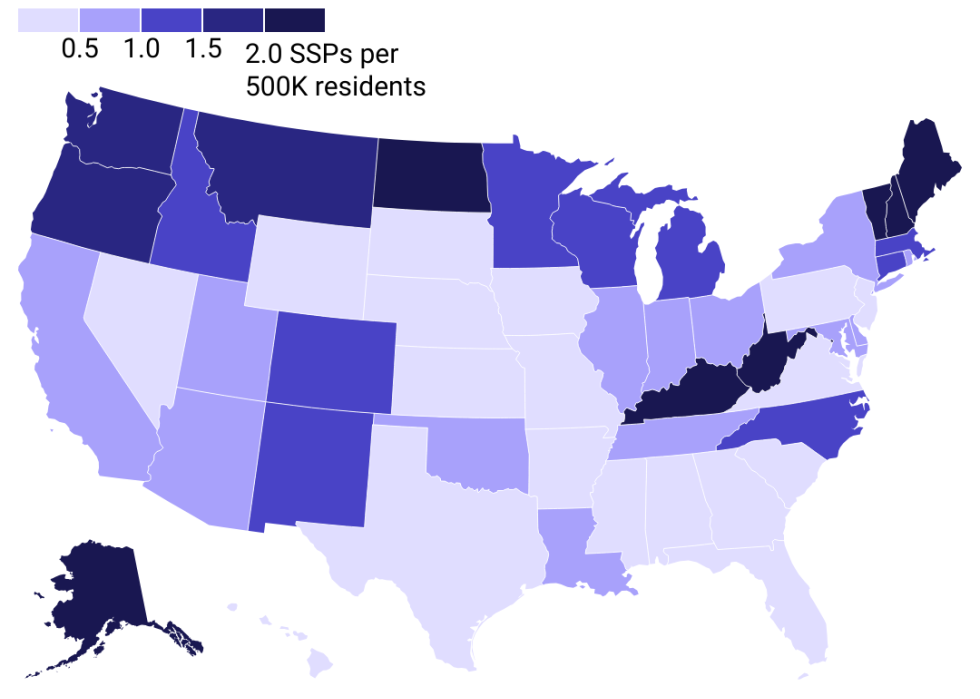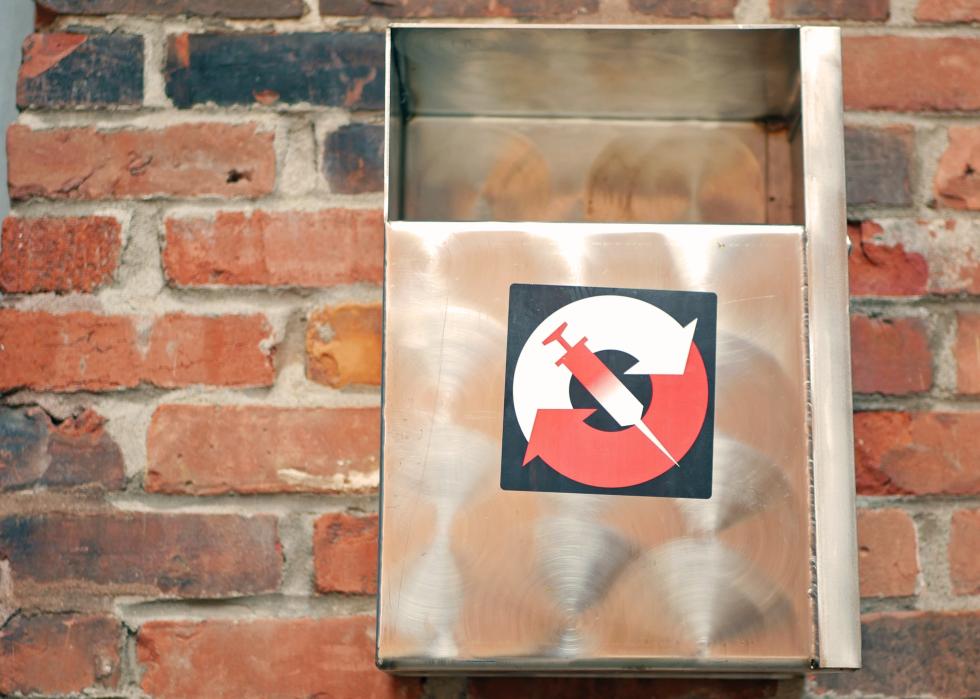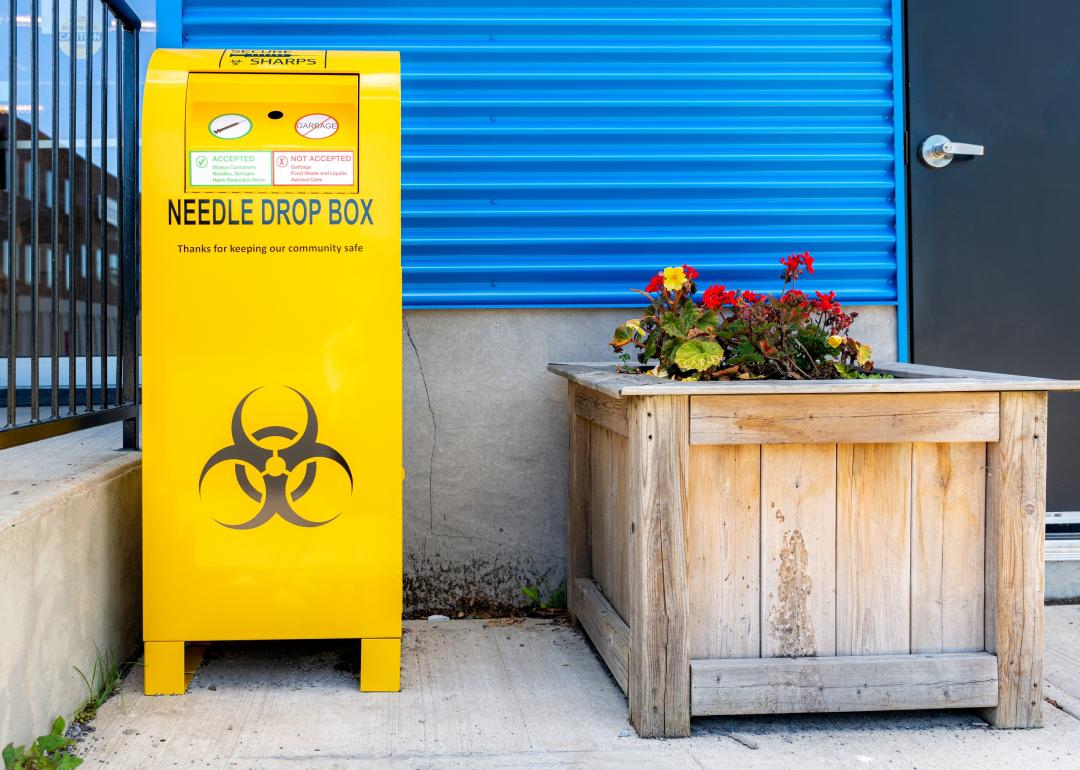How syringe exchanges in Wisconsin reduce the spread of disease

Despite the lifesaving potential of these kinds of programs, syringe exchanges were federally banned at the national level from 1988 to 2015. A study published in the International Journal on Drug Policy attributes the end of the ban to shifting perspectives and lessons learned during the HIV/AIDS epidemic.
The rise of HIV infection related to the growth of the opioid epidemic in the early 2010s was powerful enough to sway politicians who had been reluctant to embrace syringe exchanges. States in the years since passed their own laws to create exchange programs. Most recently, a bill authorizing community syringe exchanges passed in the Nebraska Legislature but was ultimately vetoed by Gov. Jim Pillen.
Syringe exchanges in Wisconsin include:
Bad River-Gwayakobimaadiziwin Exchange Program
Odanah, Wisconsin
Health Promotion Syringe Exchange
Milwaukee, Wisconsin
LifePoint - Marquette
Montello, Wisconsin
Madison & Dane County - Syringe Services Program
Madison, Wisconsin
Public Health Sauk County
Baraboo, Wisconsin
Sixteenth Street - Community Prevention Center
Milwaukee, Wisconsin
Vivent Health Appleton
Appleton, Wisconsin
Vivent Health Beloit
Beloit, Wisconsin
Vivent Health Eau Claire
Eau Claire, Wisconsin
Vivent Health Green Bay
Green Bay, Wisconsin
Vivent Health Kenosha
Kenosha, Wisconsin
Vivent Health La Crosse
La Crosse, Wisconsin
Vivent Health Madison
Madison, Wisconsin
Vivent Health Milwaukee
Milwaukee, Wisconsin
Vivent Health Superior
Superior, Wisconsin
Vivent Health Wausau
Schofield, Wisconsin

Critics often argue that needle exchanges promote drug use at the expense of taxpayer dollars, or that they feel unsafe around the people with substance use disorder that use them.
Research conducted over three decades, however, shows that syringe exchange programs provide a benefit to communities, according to the National Institutes of Health.
A 2019 study from the National Bureau of Economic Research found that syringe exchange programs reduced HIV diagnoses by as much as 18%. They've also been shown to save taxpayers money. In Indiana, a state-implemented syringe exchange program is expected to save taxpayers $120 million. People who use syringe service programs are also five times more likely to begin a drug treatment program and three times as likely to quit injection drug abuse, according to the CDC.
This story features data reporting by Elena Cox, writing by Dom DiFurio, and is part of a series utilizing data automation across 46 states.
